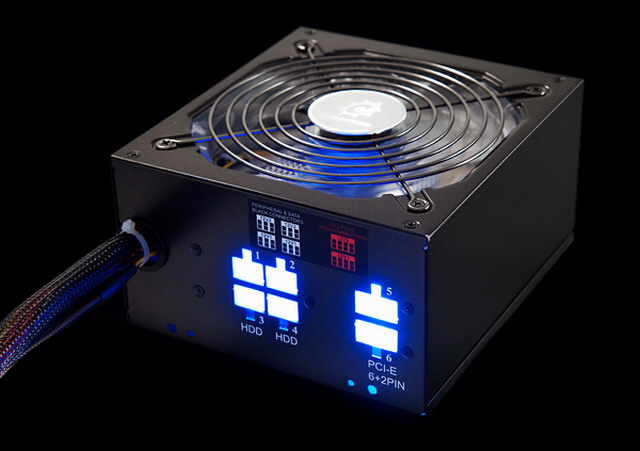
Modular vs. Non-Modular Power Supplies: Which is Right for You?
When it comes to choosing a power supply unit (PSU) for your PC build, one of the decisions you need to make is whether to choose a modular or non-modular power supply. Both options have their advantages and disadvantages, and the choice largely depends on your specific needs, budget, and cable management preferences. In this guide, we'll look at the differences between modular and non-modular power supplies to help you make an informed decision.
Modular power supplies
Pros:
-
{eleven}
-
Simple installation: With modular power supplies, you can connect the necessary cables to the outside of the case and then slide the power supply into place, simplifying the installation process.
-
Upgradeable: Modular power supplies provide flexibility for future upgrades. When replacing components or adding new ones to your system, you can easily swap or add cables as needed.
-
Reduced clutter: Eliminating unused cables reduces clutter inside the case, improving air flow and making components easier to access and work with.
Customizable cable management: Modular power supplies allow you to connect only the cables needed for your specific build. The result is a cleaner, more organized interior with improved airflow and aesthetics. You won't have unused cables cluttering your case.
Cons:
-
Cost: Modular power supplies tend to be slightly more expensive than their non-modular counterparts due to the added convenience and flexibility they offer.
-
Additional connection points: Modular connectors introduce additional points of potential failure, although this risk is usually low with quality power supplies.
When to choose a modular power supply:
-
Custom Builds: If you're building a high-end or custom PC where aesthetics and cable management are important, a modular power supply is a great choice.
-
Small form factor builds: In compact cases with limited space, a modular power supply can help minimize cable clutter.
-
Prospective: If you plan to frequently upgrade your PC components, a modular power supply will allow you to adapt to changing cable requirements.
Non-modular power supplies
Pros:
-
Economical: Non-modular power supplies are generally more economical than modular alternatives.
-
Simplicity: Permanent cables make installation easy, making it a simple process, especially for beginners.
-
Reliability: Fewer connectors mean fewer potential points of failure, although this is rarely a major issue with quality power supplies.
Cons:
-
Cable Clutter: Non-modular power supplies come with a fixed set of cables, and you'll need to manage any unused cables inside the case. This may affect airflow and aesthetics.
-
Limited flexibility: You can't remove or replace cables on non-modular power supplies, so you're stuck with the included connectors.
When to choose a non-modular power supply:
-
Budget Builds: If you're building a budget PC and cable management isn't a top priority, a non-modular power supply can save you money.
-
Simplicity: Beginners who want a simple installation process may prefer a non-modular power supply.
-
Reliability: In cases where you prioritize fewer points of potential failure and don't mind cable management, a non-modular power supply can be a reliable choice.
Ultimately, choosing between a modular or non-modular power supply depends on your specific build requirements, budget, and aesthetic preferences. If cable management, customization, and flexibility are important to you, then a modular power supply is likely your best choice. However, if you're building a basic system on a budget and don't mind a little cable management, a non-modular power supply can effectively meet your needs. Remember to consider your long-term plans and priorities when making your decision and choose a reliable power supply from a trusted manufacturer to ensure reliability and safety






